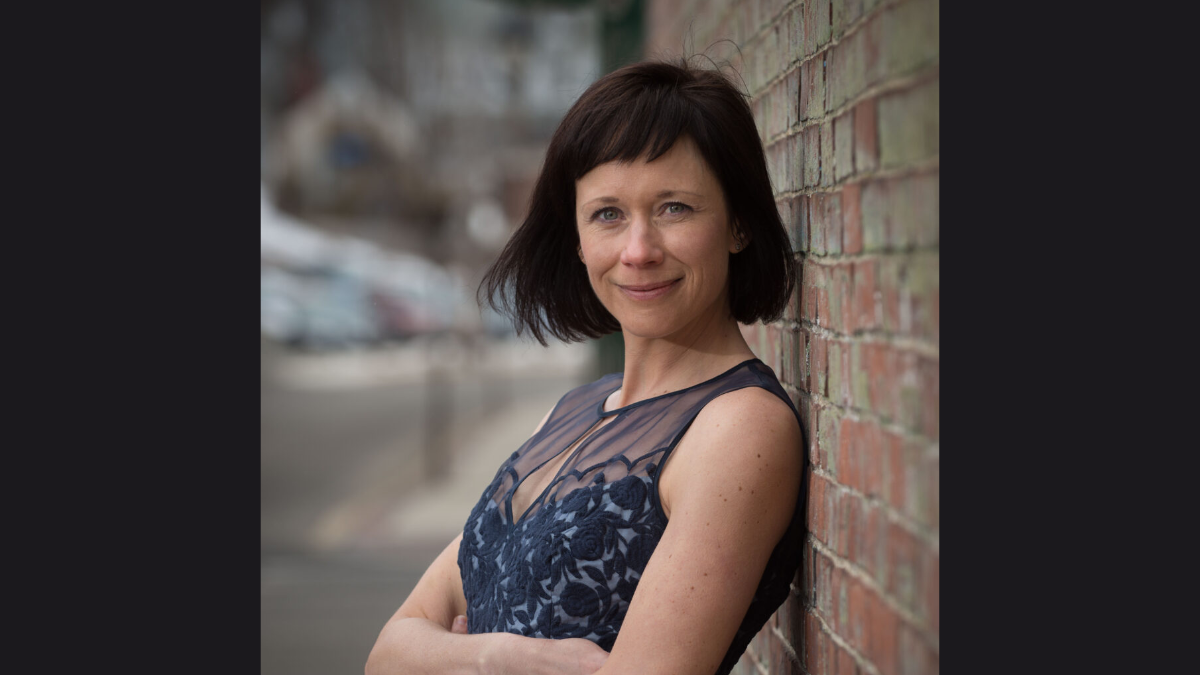This week, we look back at a shocking crime near the Appalachian Trail and speak to the author of a book that re-examines the case.
We also sample a beloved Lenten staple made in Charleston, West Virginia. It’s a Yugoslavian fish stew that has a little bit of everything.
And we talk with the poet laureate of Blair County, Pennsylvania, who invented the demi-sonnet.
You’ll hear these stories and more this week, Inside Appalachia.
In This Episode:
- Revisiting Unsolved Mysteries Near The Appalachian Trail
- Sampling Yugoslavian Fish Stew In Charleston, WV
- St. Albans, WV Becomes A Dementia Friendly Town
- The Poet Laureate Of Blair County, PA Talks The Demi-Sonnet
Revisiting Unsolved Mysteries Near The Appalachian Trail
In the summer of 1996, in Shenandoah National Park, two women, Julie Williams and Lollie Winans, were murdered not far from the Appalachian Trail. The case remains unsolved today.
Journalist Kathryn Miles wrote about the murders in her book, “Trailed: One Woman’s Quest to Solve the Shenandoah Murders.” The book goes beyond true crime, though, and wraps in Miles’ personal experiences, and the specter of violence in the outdoors — a place where people go to find peace and solitude. Inside Appalachia host Mason Adams spoke with Miles.
A warning for listeners: Some of this conversation gets into violence, sexual assault and other difficult topics.
Sampling Yugoslavian Fish Stew In Charleston, WV
If you’re in Charleston, West Virginia, General Steak and Seafood is the place to get fresh seafood. Trucks arrive daily with salmon filets, swordfish, Chilean sea bass, scallops, Chesapeake Bay oysters and more. And if you want to taste a little of everything in a single dish, pick up a quart of the shop’s Yugoslavian Fish Stew.
Locally, it’s achieved an almost legendary status, but it didn’t start out that way. Folkways Reporter Zack Harold has the story.
St. Albans, WV Becomes A Dementia Friendly Town
For someone with dementia, or for their family, the possibility of getting confused while out and about can be pretty worrisome. Fortunately, more communities are beginning to respond.
St. Albans, West Virginia was recently recognized for offering services and support for people with dementia and Alzheimer’s disease. The town recently held a Dementia Friendly Day, to spotlight the new designation. As part of his series on elder care, WVPB’s Eric Douglas spoke with St. Albans Vice Mayor Walter Hall.
The Poet Laureate Of Blair County, PA Talks The Demi-Sonnet
Erin Murphy is coming up on the anniversary of her first year as the poet laureate of Blair County, Pennsylvania. Murphy is the author of 10 poetry collections, the editor of three anthologies and the inventor of the demi-sonnet.
Inside Appalachia Producer Bill Lynch talked with Murphy about inventing a new form and finding poetry in the daily news.
——
Our theme music is by Matt Jackfert. Other music this week was provided by Mary Hott, David Mayfield, Tyler Childers, Chris Stapleton, Sierra Ferrell and Lucero.
Bill Lynch is our producer. Our executive producer is Eric Douglas. Kelley Libby is our editor. Our audio mixer is Patrick Stephens. Zander Aloi also helped produce this episode.
You can send us an email at InsideAppalachia@wvpublic.org.
You can find us on Instagram and Twitter @InAppalachia and on Facebook here.
And you can sign up for our Inside Appalachia Newsletter here!
Inside Appalachia is a production of West Virginia Public Broadcasting.
